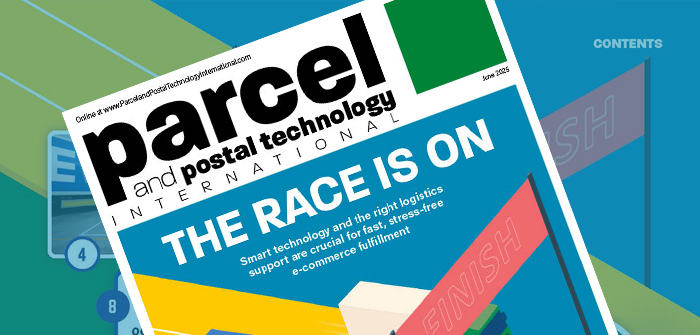As Copenhagen Economics approaches its 25th anniversary, its postal experts, Mindaugas Cerpickis and Henrik Ballebye Okholm, reflect on how the postal and delivery market has developed over the past quarter of a century
When PostNord announced in March 2025 that it will cease letter delivery in Denmark in 2026, the postal community was shocked. Is this the next stage for the postal sector?
Over the past 25 years, policymakers have had to make four very important and difficult decisions regarding the future of postal services:
- Tame monopoly – focus on market failures (if any);
- Adjust to ensure sustainability – flexible universal service providers;
- Subsidize – state aid rules;
- Abolish the universal service obligation (USO) and
rely on the market.
Furthermore, the recent developments in Denmark suggest an ultimate decision about postal services may be imminent, unless the postal sector finds a new mandate.
The main policy focus in the early 2000s was on taming old postal monopolies by resolving market failures to promote efficient competition. This resulted in a third Postal Services Directive, setting the European postal market on a liberalization course. It also spurred one of the landmark competition cases – Post Danmark I – setting the standard for predatory pricing investigations beyond the postal sector, which is still relevant today.
Now, competition concerns seem to be shifting from traditional delivery activities to the vertical integration of e-commerce and delivery. As competition economists, we at Copenhagen Economics support parties with market definition, dominance assessments, pricing compliance and other competition matters.
In the early 2010s, the policy focus in many countries shifted from promoting competition to ensuring a financially sustainable provision of the USO. This was largely due to declining mail volume and the expansion of electronic communication alternatives, reducing the importance of physical mail. In practice, policy decisions have provided pricing flexibility and/or operational flexibility for the universal service providers.
This phase is not over in many countries, with significant efficiency potential remaining. Over the past five years, our team has supported postal transformations in the UK, Germany, Norway, Iceland, Lithuania, Namibia and Malaysia, and contributed to the European Commission’s evaluation of the Postal Services Directive through several industry-wide studies.
The same shift from letters to e-commerce also affected international postal flows and increased the pressure on the rates governed by the UPU terminal dues system. Multiple studies produced by our economists have demonstrated financial distortions caused by the system. These issues were resolved in the late 2010s, when the US administration threatened to abandon the UPU system, leading the UPU to find a solution in self-declared rates.
The US President’s office consulted our economists as part of this process. Also, starting in the early 2010s and picking up speed more recently, policymakers have faced the choice between reducing USO requirements or providing effective compensation to operators for providing the USO. Continuous decreases in mail volumes will eventually mean that more commercial flexibility cannot be provided without jeopardizing the provision of universal postal services.
What will happen when mail volume declines even further, to a point where the cost of safeguarding essential services becomes disproportionate to the social benefits? Will it lead to the abolishment of the USO, as seen in Denmark, or will policymakers find a new purpose for the national postal infrastructure, such as providing social services or functioning as a strategic asset in times of crisis? We do not think it will take another 25 years to find out.
About the authors
 Mindaugas Cerpickis, director and head of postal and delivery at Copenhagen Economics, specializes in regulatory and antitrust economics. With 15 years of experience, he has supported delivery operators, policymakers and regulators in 25+ countries. He advises on postal transformation strategies, pricing and state aid matters.
Mindaugas Cerpickis, director and head of postal and delivery at Copenhagen Economics, specializes in regulatory and antitrust economics. With 15 years of experience, he has supported delivery operators, policymakers and regulators in 25+ countries. He advises on postal transformation strategies, pricing and state aid matters.

Henrik Ballebye Okholm is managing partner at Copenhagen Economics. He uses his expertise in applied microeconomics to advise on regulation and framework improvements. He has extensive experience in competition cases and supporting postal-sector stakeholders globally, has published books and articles, and is an expert assessor at the Danish Maritime and Commercial Court.
This article was originally published in the June 2025 issue of Parcel and Postal Technology International



